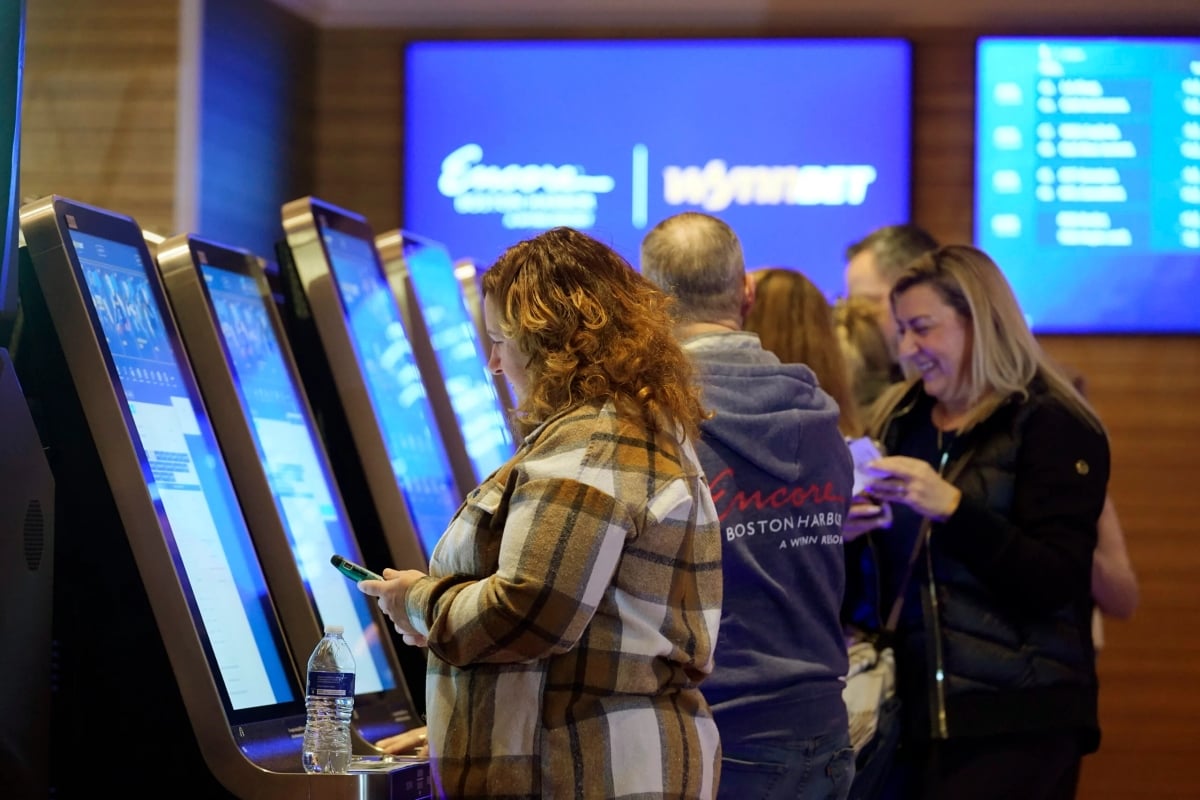Gaming Caucus Chairs Reintroduce Bill to Strike Feds’ Betting Tax
Posted on: March 17, 2023, 04:16h.
Last updated on: March 17, 2023, 04:16h.
Congressional Gaming Caucus Chairs, US Reps. Dina Titus (D-Nevada) and Guy Reschenthaler (R-Pennsylvania), have reintroduced legislation that seeks to end the federal government’s excise tax levied on most legal sports bets.

Sports betting is legal and operational in 33 states and DC. The American Gaming Association (AGA) estimates that a record 68 million US adults will place some sort of bet on this year’s NCAA men’s basketball tournament that tipped off this week.
Nearly all bets wagered lawfully in one of the legal sports betting jurisdictions are subjected to the federal government’s 0.25% excise tax. Titus and Reschenthaler, who respectively represent the US’ richest and second-richest gaming states in terms of 2022 gross revenue, believe it’s time to lift the federal levy on sports bets that is commonly known as the “handle tax.”
With the explosive growth of sports betting across the country, it’s time to finally repeal the handle tax which penalizes legal gaming operators and punishes sportsbooks for creating jobs,” said Titus. “As co-chair of the bipartisan Gaming Caucus, I’m pushing this legislation to keep legal gaming markets thriving nationwide and help local economies reap the benefits of this growing industry.”
Sports gambling was limited to Nevada until the US Supreme Court in May 2018 overturned the Professional and Amateur Sports Protection Act (PASPA) of 1992. PASPA had prevented all other states from legalizing single-game sports betting.
Mysterious Federal Tax
Titus and Reschenthaler say it’s anyone’s guess as to where the federal sports betting excise money goes. Titus, who has served in Congress for more than a decade, said the Internal Revenue Service (IRS) can’t pinpoint where specifically the federal sports betting revenue is allocated.
The sports betting excise tax applies to all sports betting not conducted directly by a state-run lottery. Pari-mutuel wagers on horse races are also exempt. All other legal bets are slapped with the 0.25% tax, with sportsbook operators on the hook to remunerate the tax responsibility.
While the sports betting excise is so small that the IRS can’t even tell Titus where the funds go, the money certainly isn’t insignificant to the sportsbooks that pay it.
The AGA reports that the legal sports betting handle in 2022 was around $93.2 billion. With the 0.25% tax applying to most of those bets, the feds’ cut of the record handle was presumably around $233 million.
Legal sportsbooks must also pay the federal government an annual $50 per employee duty. Both the handle excise and the employee head tax, Titus and Reschenthaler conclude, discourage employment in the legal sports betting industry and empower illegal, offshore sportsbooks.
Modernization Needed
Few industries have changed and evolved in the US over the past half-decade as much as the sports betting sector.
Titus and Reschenthaler’s legislation is called “The Discriminatory Gaming Tax Repeal Act.” The House resolution, which hasn’t yet been assigned a filing number, seeks to amend the Internal Revenue Code of 1986 to repeal excise taxes related to sports betting.
“Outdated tax codes and burdensome regulations penalize legal operators and incentivize illegal activity,” Reschenthaler concluded. “The Discriminatory Gaming Tax Repeal Act will ensure the gaming industry can support good-paying jobs and promote economic growth.”


